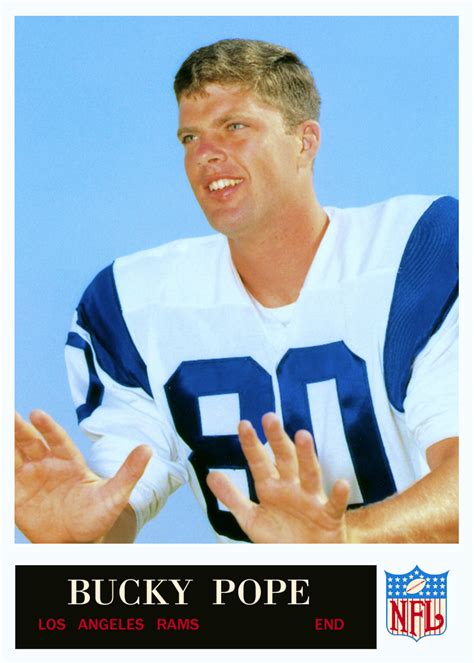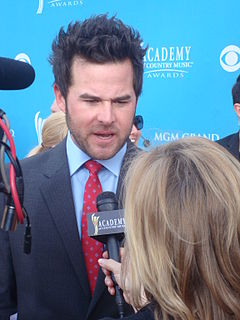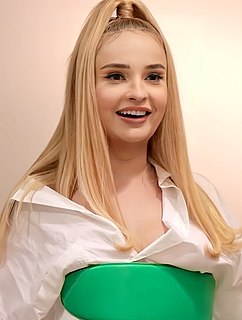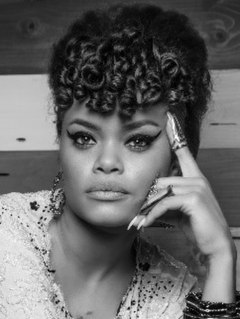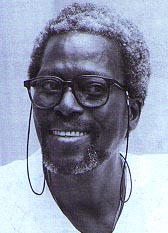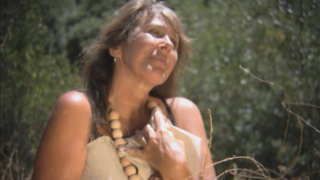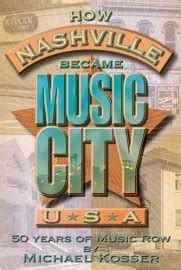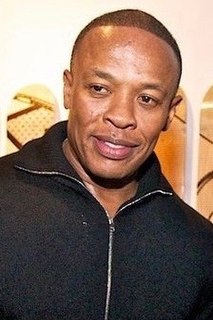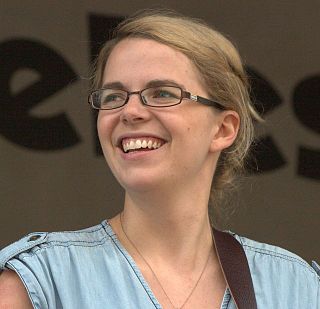A Quote by Trisha Yearwood
You have to focus hard on recording songs that you believe in.
Related Quotes
One has to choose between engaging in stylistic research or the mere recording of facts. I feel that a filmmaker must go beyond the recording of facts. Moreover, I believe that Africans, in particular, must reinvent cinema. It will be a difficult task because our viewing audience is used to a specific film language, but a choice has to be made: either one is very popular and one talks to people in a simple and plain manner, or else one searches for an African film language that would exclude chattering and focus more on how to make use of visuals and sounds.
Here's some free advice; like the folkies of yore, you need to be not just a writer of songs, you need to be a lover of songs, a listener of songs and a collector of songs. If you hear a song in a club that knocks you out or you hear an old recording of a great song you never knew existed, it does not diminish you to record it; it actually exalts you because you have brought a great song from obscurity to the ear of the public.

